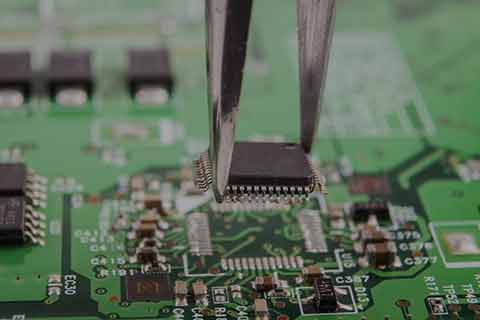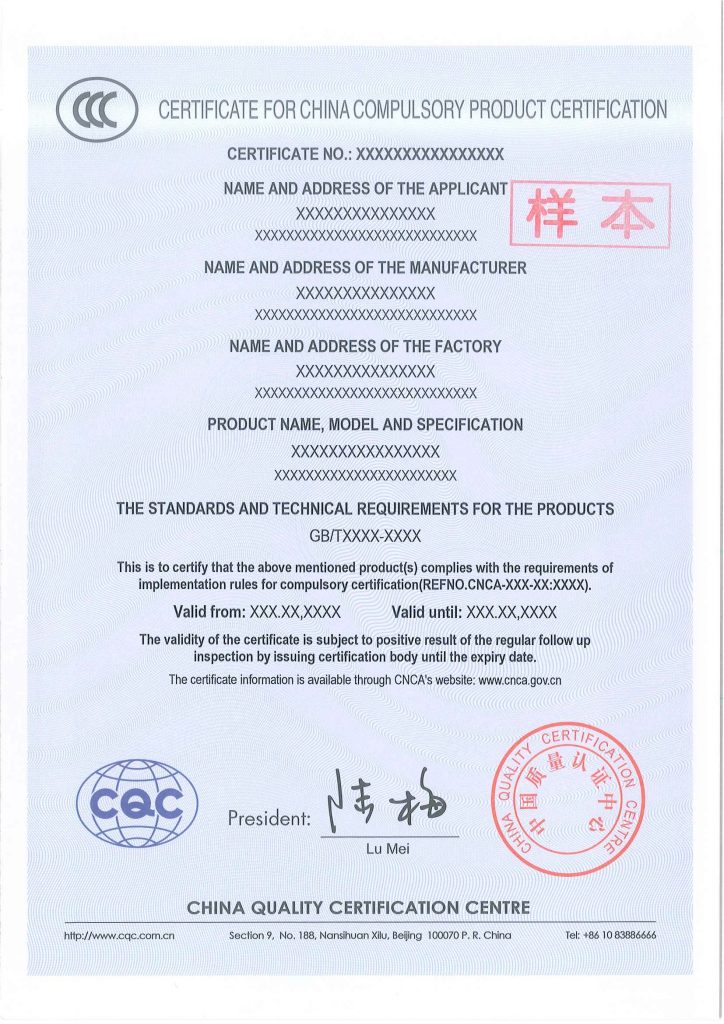EAC TR EAEU 037/2016 – a draft amendment to TR has been prepared

From May 29 to June 26, 2023, a public discussion of the draft amendments to the EAEU TR 037/2016 “On Restricting the Use of Hazardous Substances in Electrical and Radio Electronics Products” is taking place. TR EAEU 037/2016 came into force on March 1, 2018.
The first changes relate to the scope of TR EAEU 037/2016. It is planned to clarify that the regulation will not apply to photovoltaic panels designed to convert sunlight energy into electrical energy. In the current version, this item is marked as photovoltaic panels (solar batteries), which are part of electrical engineering and radio electronics products.
List of devices that do not fall within the scope of regulation of the regulation will be replenished with new positions: large-sized stationary production equipment; large-sized stationary mounted installations; defense products to ensure the interests of defense and security, including those supplied under the state defense order.
Significant changes have affected Annex No. 1 to the regulation, which defines the list of products covered by TR EAEU 037/2016.
For example, for the group “Electrical apparatus, machines and devices” the concept of domestic use is excluded. The nomenclature will be replenished with a new item, which will include other products of electrical engineering and radio electronics (PEERE) belonging to PEERE groups, including those that are components that are put into circulation separately from PEERE.
List of Annex No. 2 to the regulation, which establishes the nomenclature of hazardous substances, the content of which in electrical engineering and radio electronics products exceeds the permissible concentration in homogeneous materials used in the construction of electrical engineering and radio electronics products , prohibited, will be replenished with new positions:
– Diethylhexyl phthalate;
– Butylbenzyl phthalate;
– Dibutyl phthalate;
– Diisobutyl phthalate.
For all new substances, a permissible concentration of max. 0.1% is established.


